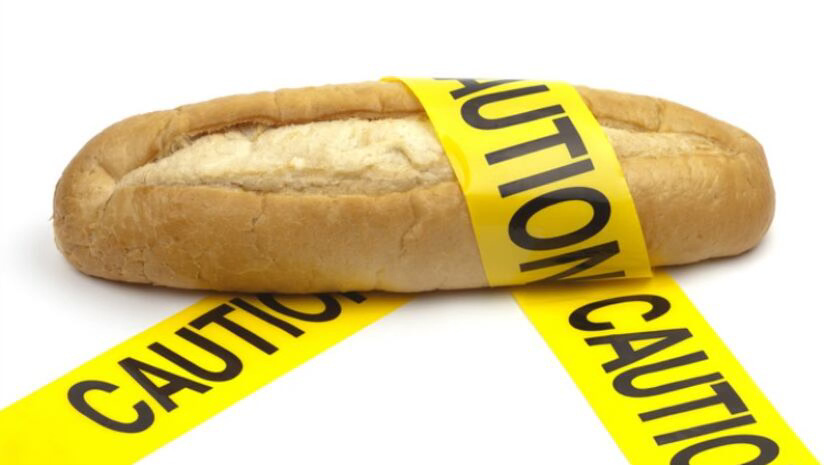Bread Price Fixing in Canada: A Communist Perspective
by Agnieszka Marszalek
The infamous Loblaw bread price-fixing scandal exposes the contradictions of capitalism and the exploitation inherent in a profit-driven food system. Bread, the most basic staple of working-class life, was transformed into a vehicle for corporate greed. This case demonstrates how monopolistic control in the hands of a few corporations undermines the welfare of the majority and highlights the urgent need for collective ownership and democratic control of essential goods.
From 2001 to 2015, Loblaw Companies Limited, George Weston Limited, and other major grocers colluded to artificially inflate bread prices. These corporations acted in unison to raise prices, further extracting wealth from millions of working-class families. When the scandal was exposed in 2017, Loblaw attempted to pacify public outrage with a token $25 gift card, an act that reflects the capitalist tactic of offering minimal concessions while maintaining power. Class-action lawsuits progressed across Canada from 2019 to 2024, eventually producing a $500M settlement approved in 2025.
Impact
On Workers: Families paid inflated prices for a basic necessity, further straining household budgets.
On Public Trust: The scandal deepened recognition that corporations prioritize profit over human need.
On the Market: Far from being “free,” the Canadian grocery market operated as an oligopoly, coordinated to extract maximum profit.
Consequences
Loblaw and George Weston avoided criminal prosecution by cooperating with regulators, a clear demonstration of class bias in the capitalist “justice” system. Canada Bread, however, was fined $50 million in 2023 — one of the largest penalties for price-fixing in Canadian history. Class-action lawsuits led to the $500M settlement, but restitution remains limited, filtered through bourgeois courts rather than via workers’ power.
What Individuals and Workers Can Do
Reject Token Compensation: Recognize the $25 gift card as a distraction from ongoing systemic theft.
Build Worker Solidarity: Organize through unions, cooperatives, and workers’ councils to demand accountability.
Support Local and Cooperative Alternatives: Strengthen food cooperatives and community bakeries that serve human needs.
Push for Social Ownership: Advocate for nationalization of essential food industries under democratic control.
Expose Capitalist Collusion: Treat this scandal not as an isolated crime but as an inherent feature of monopoly capitalism.
Conclusion
The Loblaw bread price-fixing scandal is not an anomaly but a symptom of a capitalist system that places profit above human needs. Bread — the very symbol of sustenance — was commodified and manipulated at the expense of millions of Canadians. From a communist perspective, the solution lies not in regulatory reforms but in restructuring society so that food, housing, and other essentials are removed from the grasp of profiteers and placed under collective, democratic control.



The scam of white collar crime escaping criminal punishments while continuing to engage in business as usual (organized crime) is a sign of the deeply set pathology.
We need laws that deliver appropriate sentencing to the organized crime of oligarchs that cause widespread hardship, widespread theft, and the privileged exceptionalism of gross profit making on life necessities. They harm so many yet receive gentle treatment unlike individuals who harm one other individual. Why this colossal injustice? We know why, don't we?
We must decide to make it very unprofitable for corporations to engage in price fixing and organized inflationary crime. Until then, organized crime rules, with the political-economic-legal systems all colluding to protect the money gougers and anti-social captors of our social order.
Systemic change is required to resolve systemic corruption.